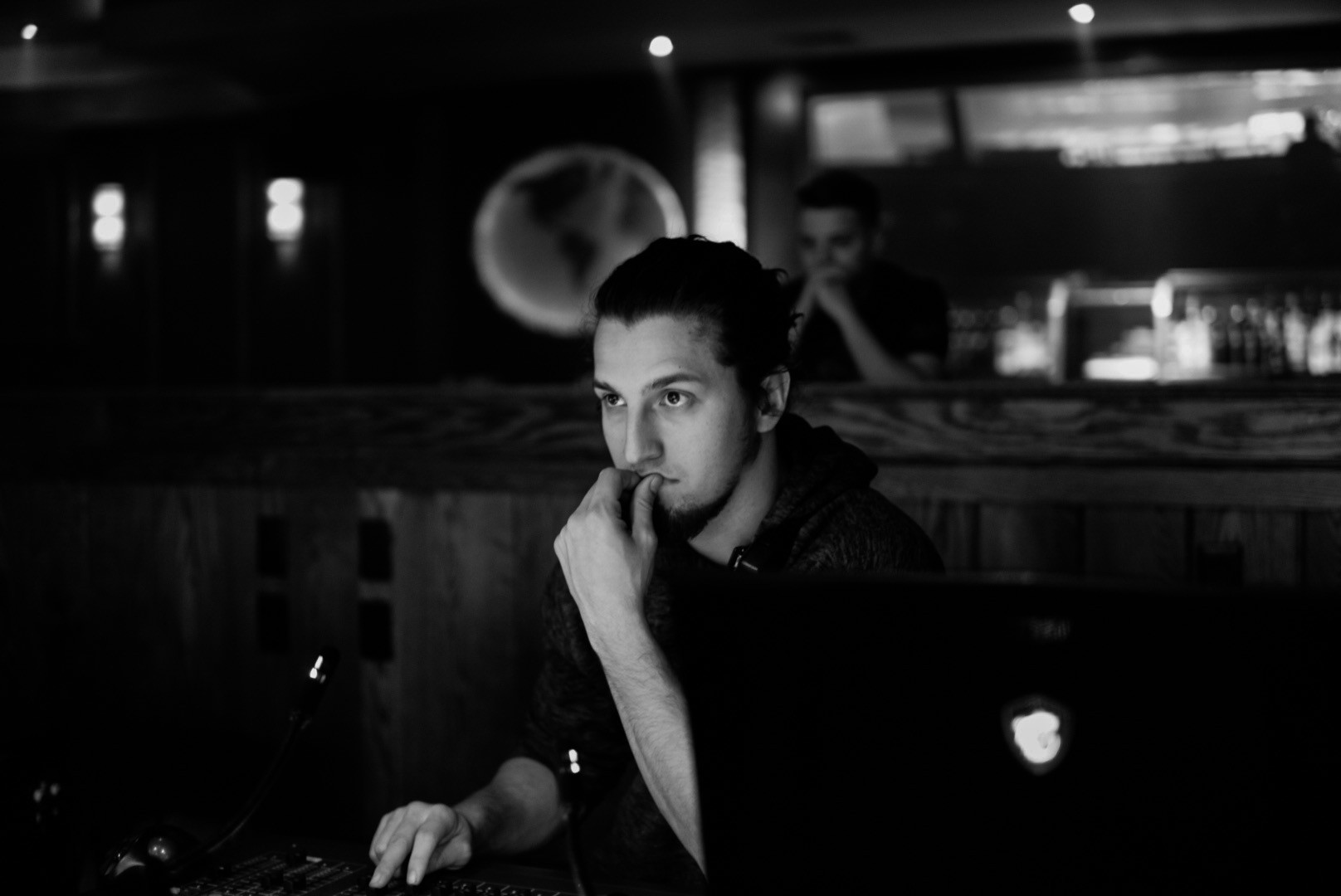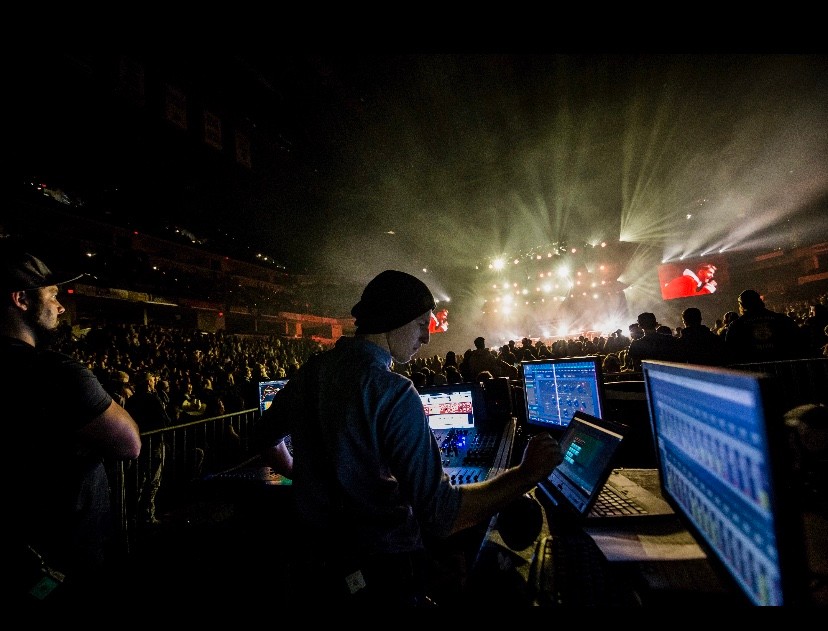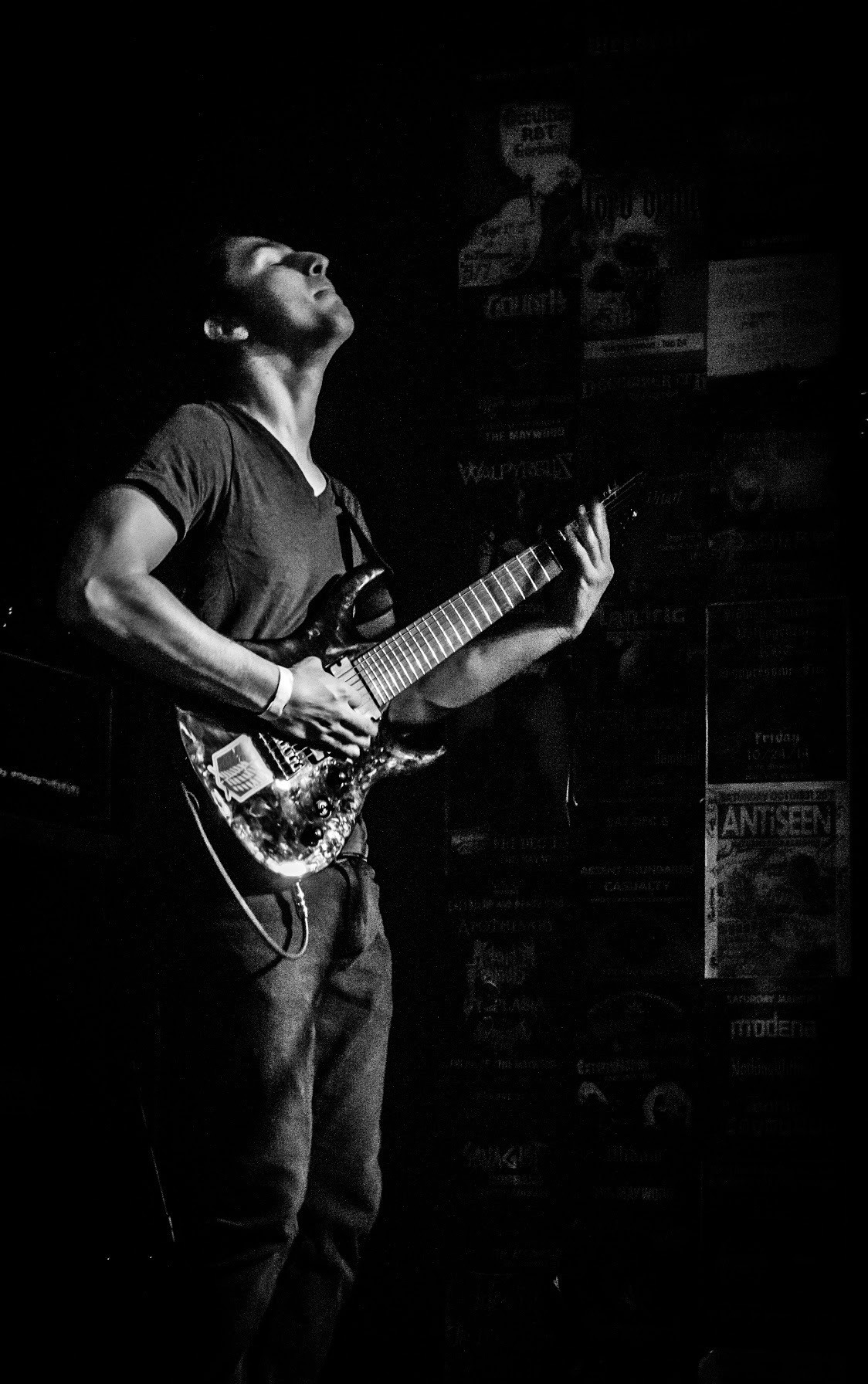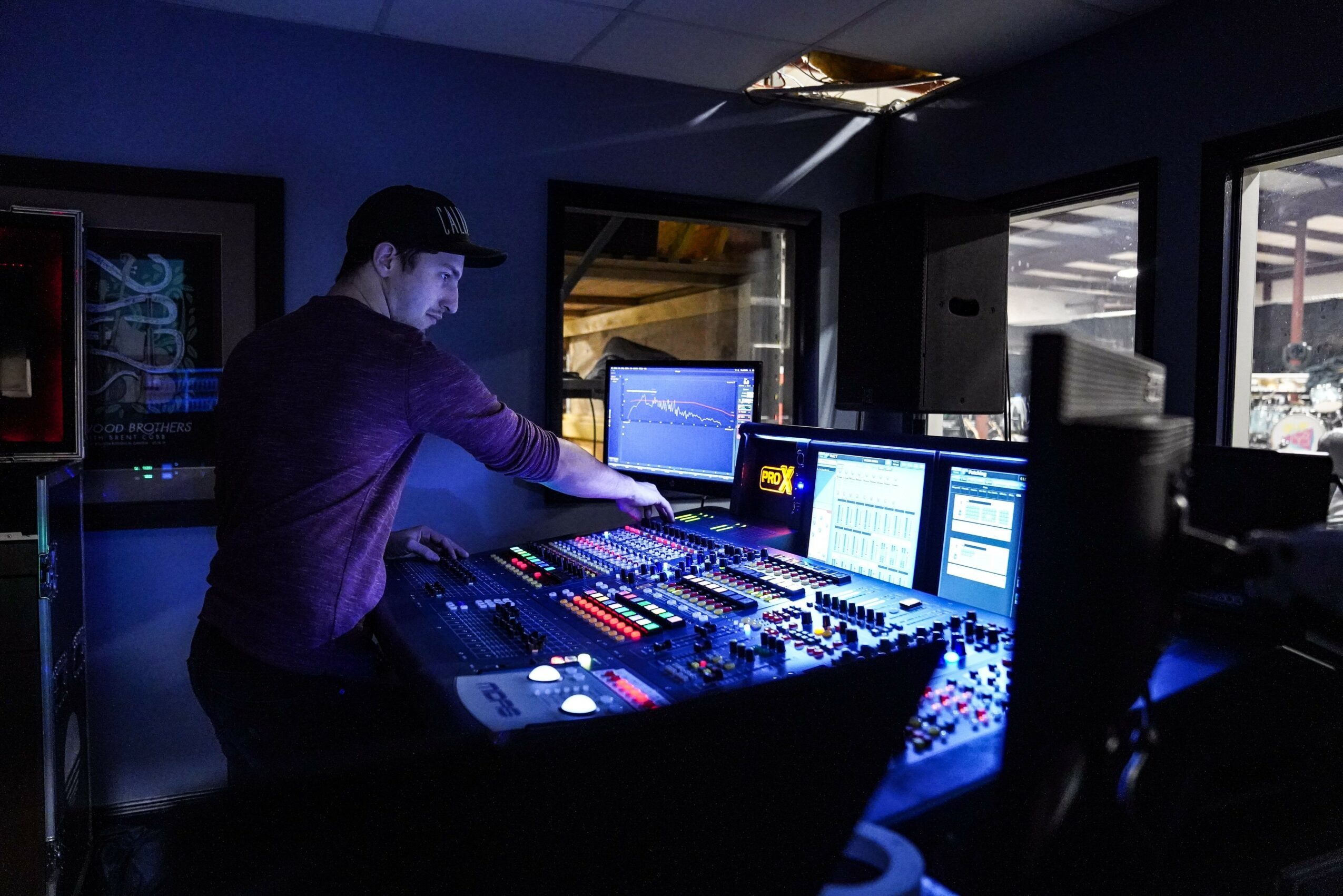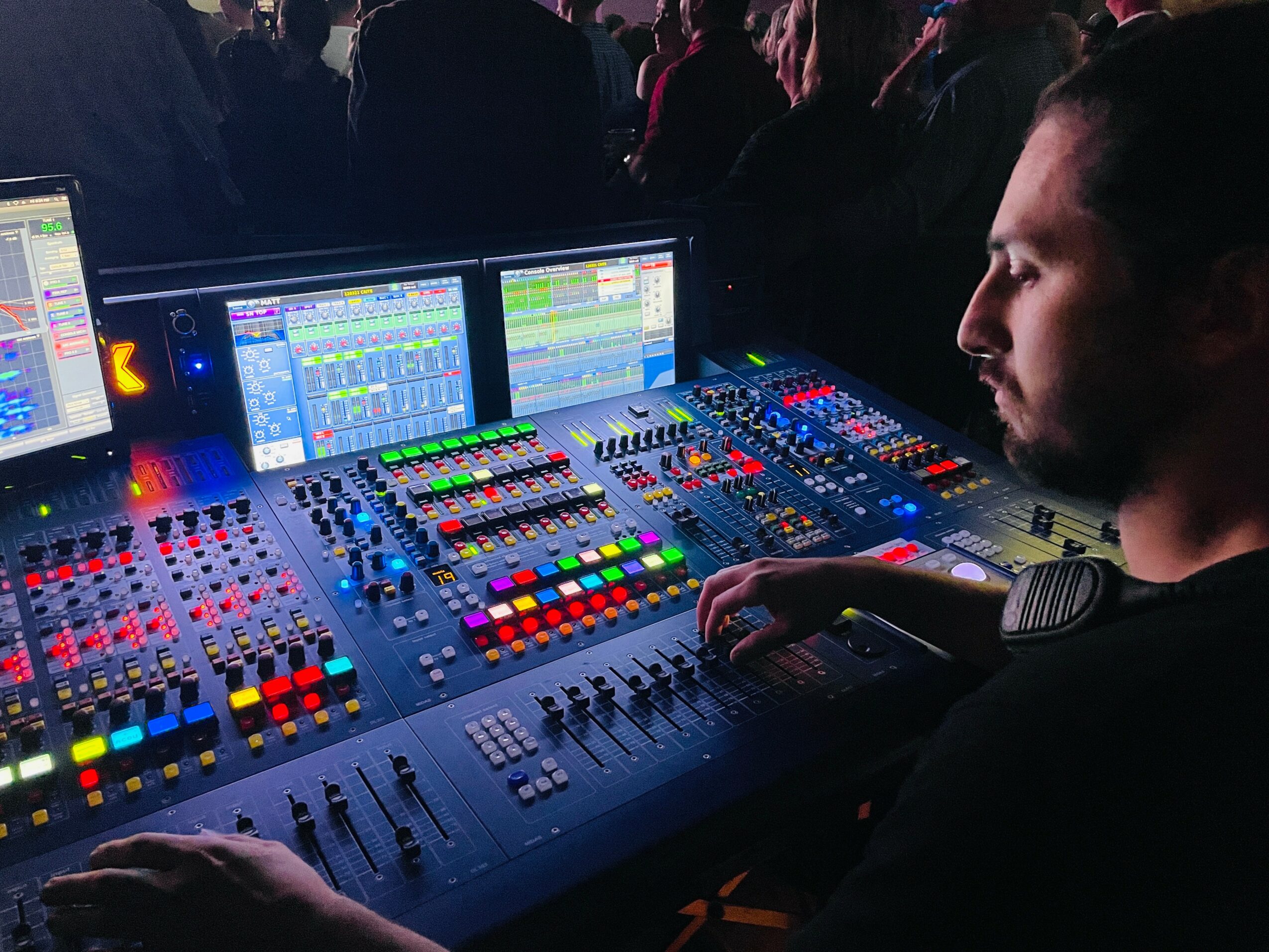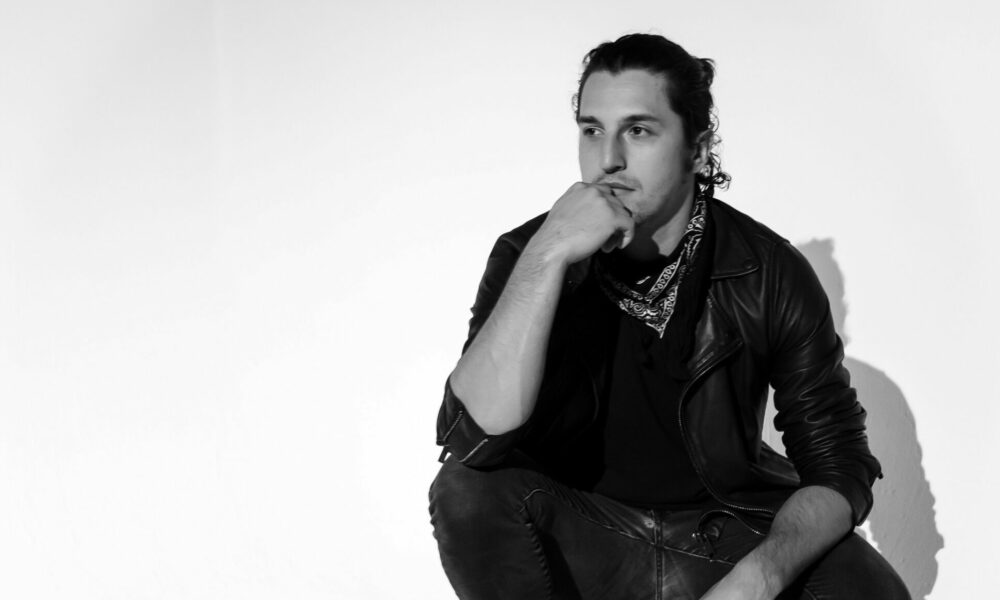

Today we’d like to introduce you to Joey Diehl.
Hi Joey, we’re thrilled to have a chance to learn your story today. So, before we get into specifics, maybe you can briefly walk us through how you got to where you are today?
So, some history. My youth can be depicted as a music kid living in a military kid’s body. I moved around almost every year and was often finding myself in very different places and situations. The one thing I could always hold on to was music. I started out playing viola and guitar when I was very young. My parents made sure I was always enrolled in orchestra no matter what school I attended, and every time I arrived at a new place the first friends, I made were all involved in music in one way or another. It was just the easiest way for me to connect with someone new. When I was about 15, I started going out and playing shows with any band that would take me. I started writing my own music as on outlet for all the experiences I was having. Jazz, Pop, Rock, Metal – regardless of genre or style or instrument, I would play just about anything for anyone who wanted me. Being a player for hire became my identity pretty quick and led me to discover that being on stage was everything I ever needed.
Growing up in an overly analytical military family might explain why I started to want my stage life to expand and level up. I started to be really interested in how shows worked and how people had success doing it. The process of this became obsessive to me. I ended up leading almost all the bands I was involved with in just about every aspect. In doing this, I slowly discovered the importance the production side had in live music. I wanted to put on a “show” not just play music on stage. The technology, the synchronization, the sophistication – suddenly all I cared about was the production, and being the spotlight on stage didn’t hold any more weight. I shadowed every local sound engineer and venue owner that could stomach a barely legal teen following them around and asking questions.
I went to Sandhills Community College for an associate’s degree in Classical Music after high school. Straight from there, I was accepted into Appalachian State’s School Of Music engineering and production program. While in college, again I worked at every venue that would have me. The school had me running sports game in the basketball arena and being the venues contact for bigger shows that would roll through. I got to regularly mix sound for acts like Maya Angelo, Ron White, Garrison Keeler, Chris Robinson, and such. I worked at the theater as a house sound engineer doing full production plays, orchestral events, stagehand work for touring acts, and general theater work. I ran sound at a couple of local bars throughout the week. During the summer, I’d fill my schedule up with touring as a musician and doing gigs for local production companies for a variety of events. I also worked at the local club venue at App State and mixed a number of acts who went on to become successful like Luke Combs and Rainbow Kitten Surprise. During my final year, I landed the job as studio manager for the school’s primary recording facility – handling scheduling, operation, and maintenance of one of the largest studios in the state.
Most of the people who knew me would use the word “workaholic” to point and laugh at the fact that that word was woefully inadequate to describe my lifestyle. I was and still am a sucker
for the process. After college, I applied to work for Special Event Services, a large format production company based in North Carolina. I spent a couple years touring with numerous acts such as Darius Rucker, Il Divo, Martin Lawrence, Avett Brothers, Joel Osteen, Justin Moore, and more. Today, I am primarily the production manager and front-of-house engineer for the country artist Brett Young. I do live show work and mixing for a number of music artists, management companies, and record labels. I’ve also continued to write music as well, and slightly parade myself around as a track guy in Nashville, TN.
Would you say it’s been a smooth road, and if not, what are some of the biggest challenges you’ve faced along the way?
Playing shows was the only life experience I cared about growing up, skipping basically everything else that a normal teenager would have done. I toured through seasonal dances and high school prom; missed all the Friday night games and spent every weekend I could being a youth music warrior. I struggled with balancing a life that people much older than me were actively living while also trying to still have some semblance of a teen experience. The older I got, the more I realized I was missing out on general character-building experiences and that was a tough realization to stomach. It hasn’t been a smooth road by any means, but the rough edges definitely smoothed my mental ability to handle stress and problem solve. Of course, there were plenty of moments that pushed me over the edge but I couldn’t imagine who I’d be today if they hadn’t of happened. The current struggles stem between the desire to be out in the world roaming around and the desire to have a stable home life with loved ones and friends. True, balance is everything. But dang it if it ain’t hard.
Alright, so let’s switch gears a bit and talk business. What should we know about your work?
My job primarily deals with bringing the vision that an artist has of themselves from the mental world to the stage. It might be weird to think of helping someone’s else’s art as my own version of creative work, but I genuinely love hearing artist talk about their music, their work, and the vision that goes along with that – partnering with them to take it to another level that’s presentable to the masses. What I focus on the most is the sound and how to capture what a music artist recorded in the studio and bring it to the stage. They are very different worlds that somehow have to feed into the same result. When in the studio and creating, artists have the time and the ability to experiment and search for the perfect material to stand behind. They strive for the music that they feel will best represent them out in the world and portray the messages that they intend to share. In the live world, this same effect has to be achieved but in real-time and in front of a live audience…on the first try. How crazy of a concept is that?! The work is so exciting and when you achieve a result that makes you involuntarily smile, it’s a
feeling that can’t be bested.
I think I end up caring so much about this aspect because I started out as a music writer who played my own originals in front of audiences and felt that same need to have confidence of execution in my art. I needed to know that what I was playing mattered to me and that the music being delivered had the same intention and delivery I had recording it in the first place. Otherwise, what was the point?
What are your plans for the future?
So, my next biggest project is really upgrading my gear that I use out front to mix on. Just in the past few years, music technology has really taken massive strides. There is some really incredible equipment available now that not only blurs the lines between the studio world and the live world, audibly erased in some aspects entirely. Jumping into the pioneering field of audio tech is a bit scary and the metaphorical equivalent of riding the sound bull for 8 seconds just trying to hold on for dear life, but it’s so much fun! Like I mentioned before, the presentation of the artist is everything, and more than ever they are using the tools available to them in the studio to sculpt complicated and deep soundscapes. Being able to recreate these live is becoming incredibly more difficult and complicated but the rewards are spectacular.
The other part of that is learning how to listen better. Learning how to really grasp what people love about songs and dissecting how the best productions hit people’s emotions so deeply is a world of its own. We all crave to be connected, and music is the bridge between language and math that connects us to everyone. Becoming a better writer, a better player, and a better listener will never stop being the plan for the future. Like how Jiddu Krishnamurti puts it “There is no end to education. It is not that you read a book, pass an examination, and finish with education. The whole of life, from the moment you are born to the moment you die, is a process of learning…” And I intend for music to be an important part of me.
Contact Info:
- Email: [email protected]
- Instagram: @audio_diehl
